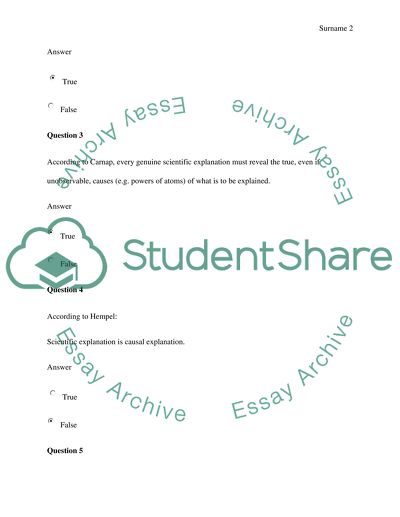Scientific laws do not describe true facts bout reality Essay - 1. Retrieved from https://studentshare.org/philosophy/1601640-scientific-laws-do-not-describe-true-facts-bout-reality
Scientific Laws Do Not Describe True Facts Bout Reality Essay - 1. https://studentshare.org/philosophy/1601640-scientific-laws-do-not-describe-true-facts-bout-reality.


